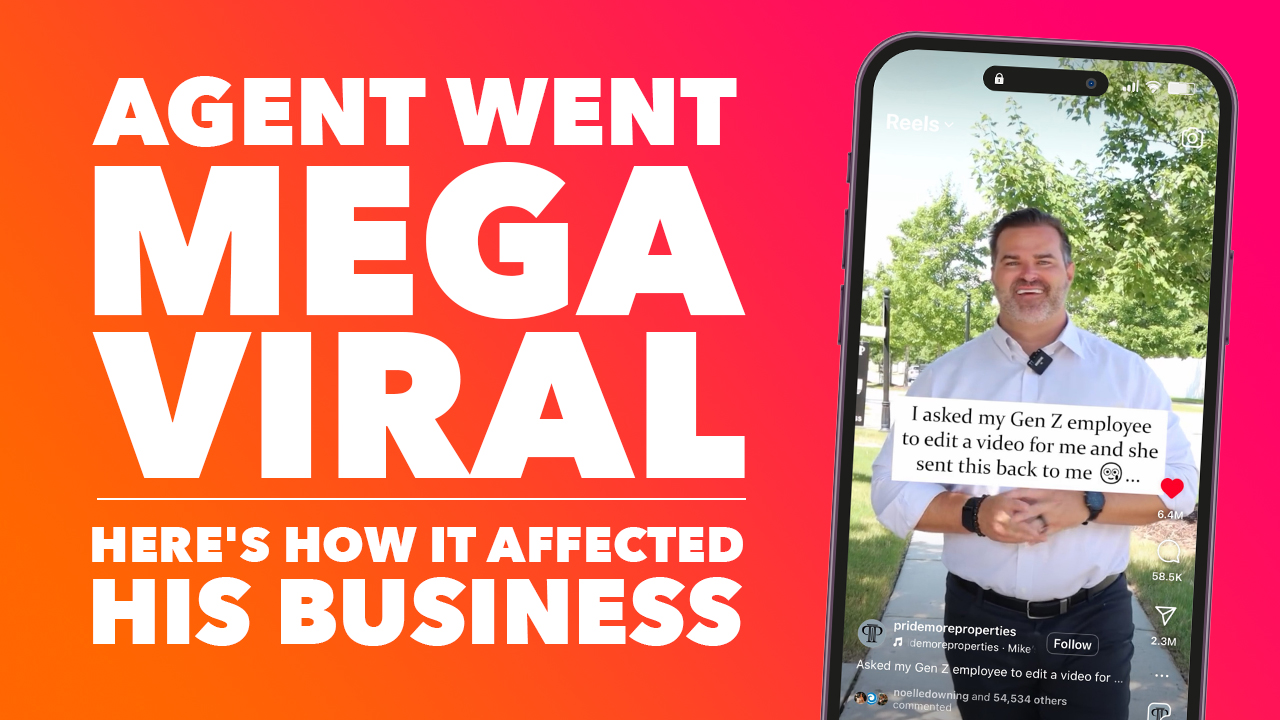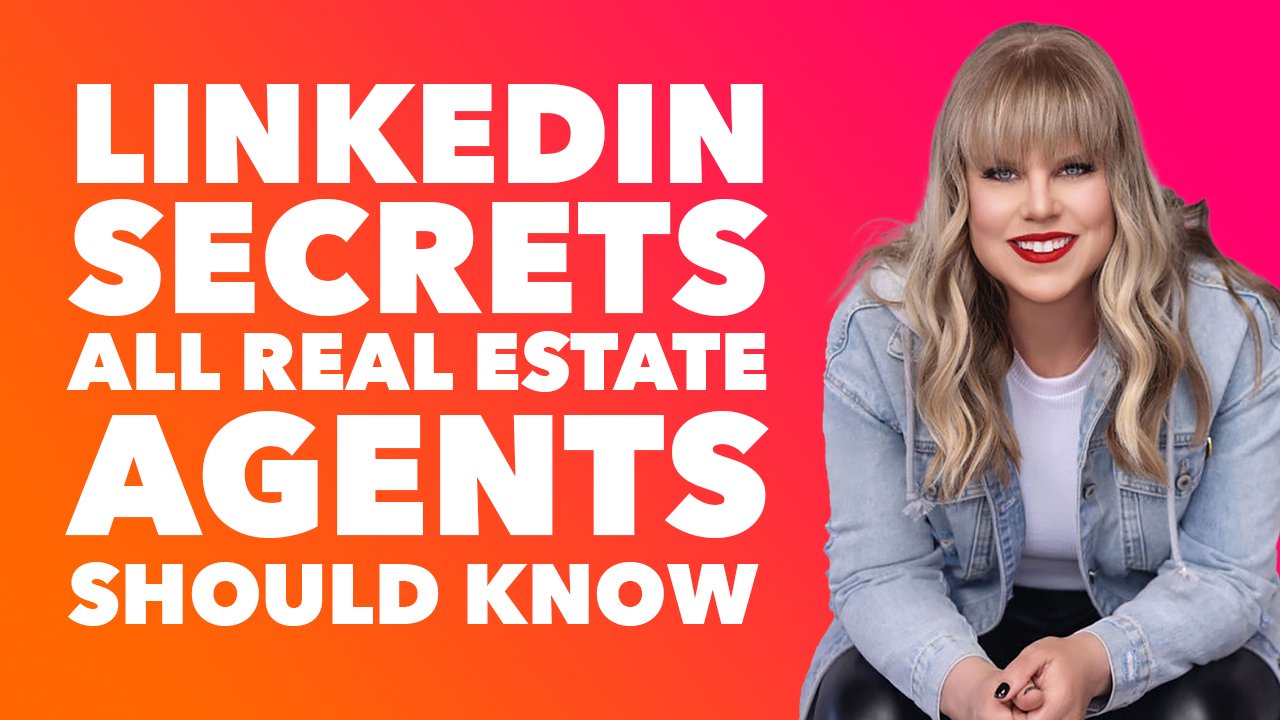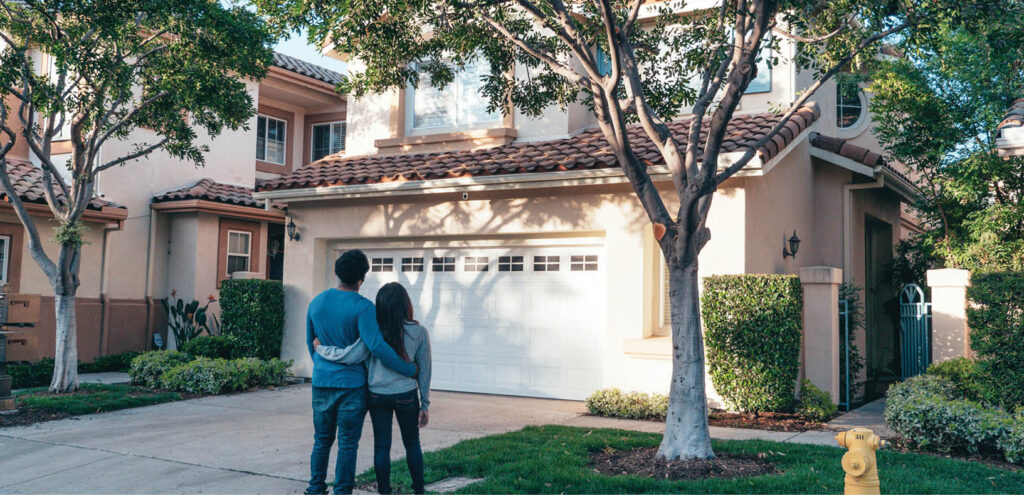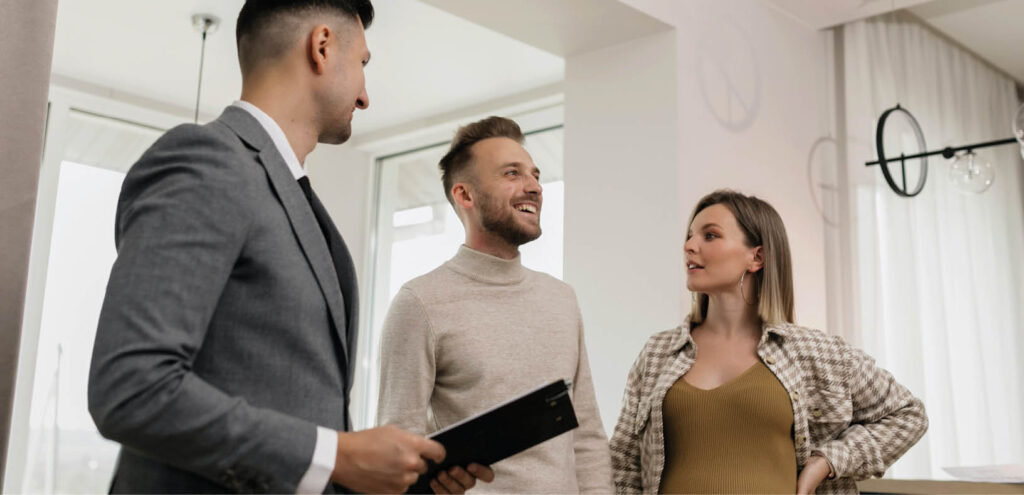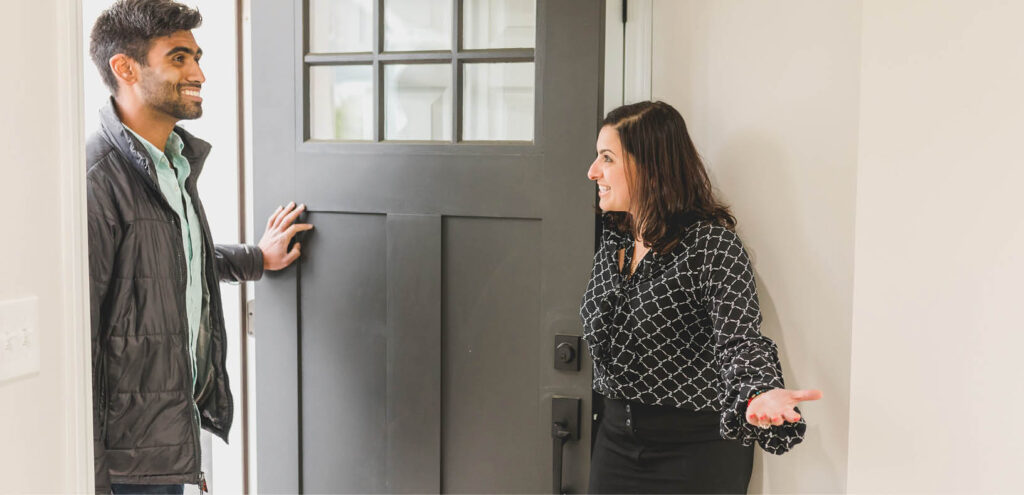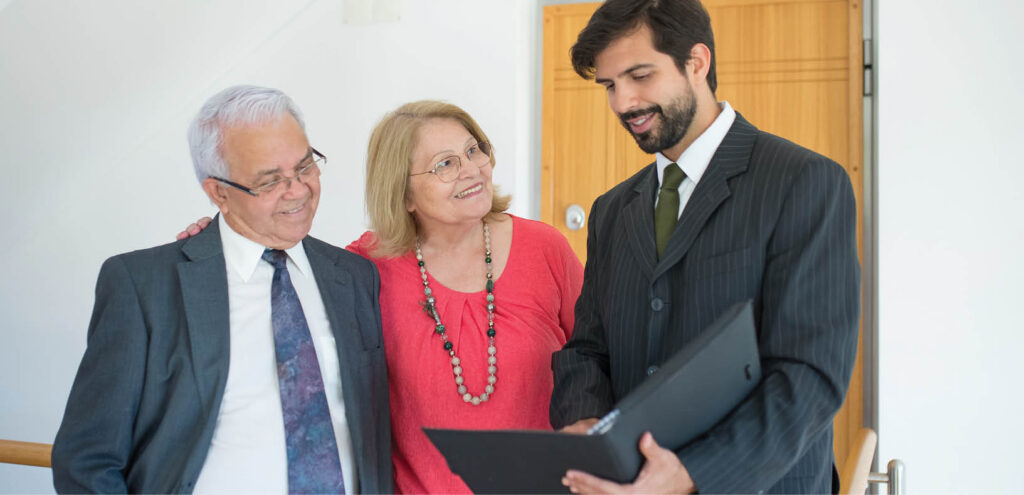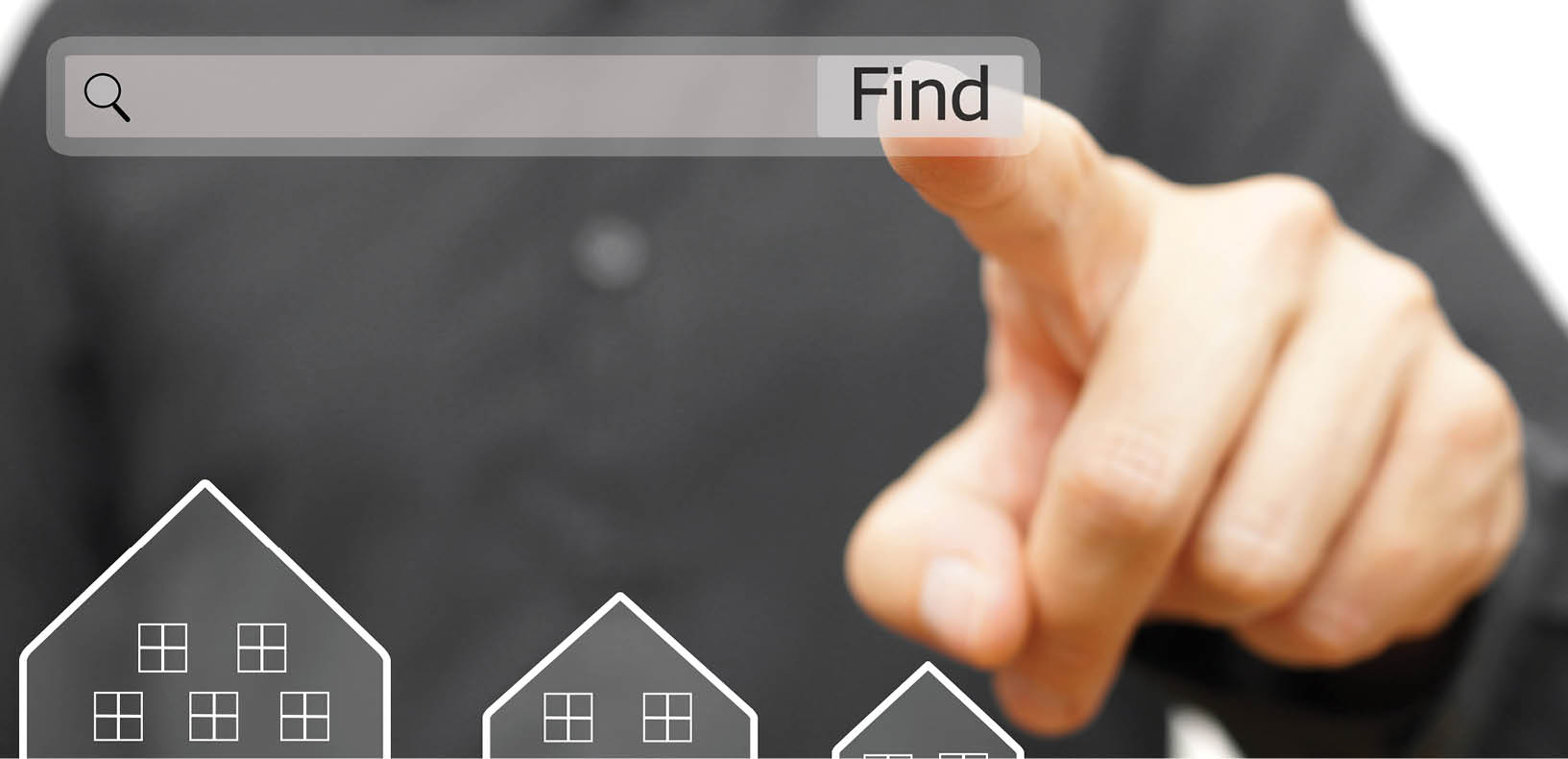One of the best ways to build your business exponentially is by hosting open houses. Why? Because an open house is more than just a great marketing opportunity for your client to showcase their home to several potential buyers in a short time—it also allows you to build rapport with buyers not represented by another agent.
As a new agent, you may not have any of your own listings, so take advantage of hosting an open house for others in your office to gain experience. Of course, there is much to coordinate as you plan an open house, from marketing, staging, and scheduling to following up and adhering to proper etiquette and rules. Use the following steps to help guide you through the process to ensure a successful open house.
It’s all in the planning
Meticulous planning, organization, and promotions are essential to executing a high-energy, productive open house. It’s more than simply placing signs on every street corner and taping flyers to telephone poles.
Schedule it right
When new listings are posted, there’s usually a surge of eager buyers who want to tour the home; this is especially true for low inventory markets. So, if possible, schedule an open house the first week the home is listed to capitalize on the foot traffic it generates. Keep in mind, though, that you may need to adjust the date and time based on the season. For instance, during fall, you may want to host the open house on Saturday rather than Sunday to avoid clashing with professional football games. (Personally, my house would need to be on fire for me to miss a game!)
Create a memorable event
To maximize visibility and hype for your open house, there are a handful of strategies you should employ: produce descriptive flyers of the home; post on social media pages such as Instagram, Twitter, and Facebook; if allowed, place several professionally made signs (NEVER handwritten!) in and outside the neighborhood at least three days before the open house; and send notes or postcards to the neighbors to inform them of the event. In addition, be sure to announce the open house in your office, at the trade association meetings, and on the MLS to create additional exposure. You may even want to go live on social media to promote your upcoming open house and its desirable features.
Stage to sell
A well-staged home that showcases its best features is often the key influence on its selling price. (Listen to Krisztina Bell, an agent and professional home stager, talk in her Stay Paid podcast interview about the value of staging a property.) Therefore, before hosting an open house, emphasize to your client the importance of first impressions and suggest some last-minute touch-ups they can do prior to showing their home.
Protect your seller
Since you cannot always be in proximity to every potential buyer at the open house, taking additional safety and security measures should be your number one priority as you prepare for it. Remind and instruct your seller ahead of time to lock away all their valuables and medications, which somebody can easily lift if left out. Also, be sure to provide a sign-in sheet so that everyone who enters the home can provide you with their name and email address. For extra security, some agents even require each person to show their identification. Be sure to take precautionary measures for yourself as well.
It’s game day
By now, you should have all your ducks in a row and be ready to greet eager buyers at the front door. Ensure all open house signs have remained intact, check that all lights are on, and set the temperature to a comfortable level. Then use these game-day tips for a successful event.
Follow proper etiquette and house rules
Be sure to abide by your seller’s wishes. This may include using only a designated bathroom, respecting their privacy by asking permission to open a closed door, and checking if it’s okay to serve food and refreshments. In addition, you should strongly advise your seller to vacate the home during the open house unless they are physically unable; their presence can inhibit a would-be buyer from speaking freely and examining the home in detail.
It’s also important to ensure that buyers and agents follow the rules as well. This includes requiring buyers who are unaccompanied by a real estate agent to provide their name, phone number, and email address on the sign-in sheet; otherwise, the agent should give you their card or proof of their agency affiliation.
Build rapport
When buyers arrive at the open house, provide a clear path for them to enter the home (please don’t block the doorway!) and greet them with a warm hello as you invite them in. This is the first step in building rapport. Next, be sure you tour the home with the buyer, this time to get to know them better using the FORD method of communication, which focuses on asking buyers questions about their family, occupation, recreation, and dreams so you can get to know them better. Sit back, listen, and take notes on their answers so you can enter them into your contact database and refer to them in the future.
Also, it’s important to pose some basic questions to the potential buyer to gain knowledge about their buying goals, like “How long have you been looking to buy?” “Are you currently renting?” and “What’s your timeline for purchasing a home?” This information will help establish a follow-up program with them.
Obtain buyer feedback
Get unfiltered feedback from the buyers after they tour the home—this can be extremely valuable for you and your seller. For example, it’s the perfect time to ask questions like “How did the home show?” “Do you have any interest in purchasing the home?” and “What is your opinion on the price, condition, and location?” This feedback is vital for the seller so that they can address unexpected issues or concerns.
Establish a follow-up agenda
The most important task you must do after an open house is to follow up with the buyers within a few hours. Send them another property you think could be of interest, and thank them for attending. Also, send a Facebook request and ask them to like your business page. (If you don’t have one of these, you need one. Learn how here.)
Open houses have always been a great way to market a home and help to maximize a home’s visibility, attract buyers, and provide real estate agents an opportunity to build their network of buyers and sellers. And with so many available new hot-tech tools, it can help you to reach more buyers, ultimately streamlining the process to achieve a massively successful open house. So make it your time to shine!






